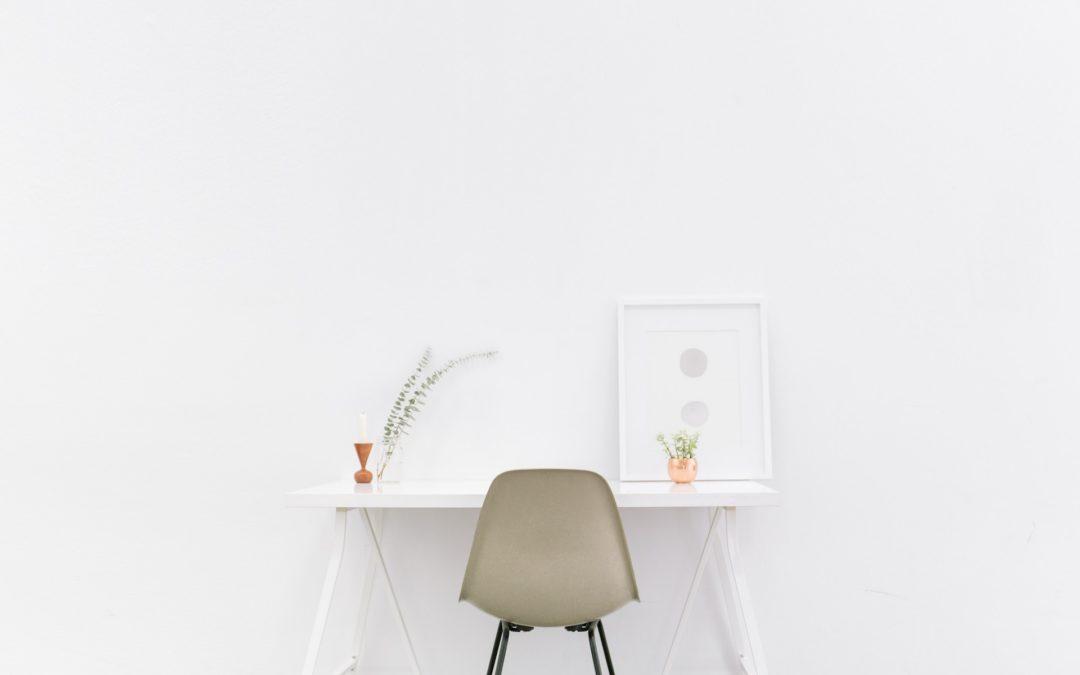Welcome to our comprehensive guide exploring the 30 pros and cons of minimalism! In a world filled with constant stimuli and material abundance, the concept of minimalism has gained significant traction. At its core, minimalism champions the idea of living with less—both in possessions and mental clutter—to focus on what truly matters. This article aims to provide you with an in-depth analysis, laying out the advantages and disadvantages of embracing a minimalist lifestyle.
Throughout this guide, we’ll delve into the positive aspects of minimalism, including its potential to simplify life, reduce stress, and foster a greater sense of clarity and purpose. Conversely, we’ll also uncover the challenges and drawbacks one might encounter when pursuing minimalism, such as navigating societal pressures and the potential for feelings of deprivation. By presenting these 30 pros and cons in a clear and balanced manner, we aim to offer you a comprehensive understanding of the multifaceted nature of minimalism, empowering you to make informed decisions about integrating its principles into your life.
What is Minimalism?
Minimalism is a lifestyle or design approach characterized by simplicity, emphasizing the elimination of excess material possessions and focusing on essential elements. It involves decluttering physical spaces, simplifying routines, and prioritizing what truly matters. Minimalism encourages mindful consumption, fostering a sense of contentment and fulfillment with less. This intentional way of living promotes clarity, allowing individuals to redirect their focus towards experiences, relationships, and personal growth.
Within minimalism, the emphasis extends beyond physical belongings to encompass mental and emotional aspects as well. It involves clearing mental clutter, such as excessive commitments or distractions, to create space for clarity and meaningful pursuits. Embracing minimalism doesn’t necessarily mean complete austerity, but rather a deliberate and thoughtful curation of one’s life.
Minimalism’s principles can manifest in various forms, from minimalist art and architecture to minimalist fashion and technology design. It’s about paring down to the essential, allowing for greater appreciation of simplicity, functionality, and purpose.
The philosophy of minimalism champions the idea that by intentionally simplifying our lives, we can uncover a deeper sense of fulfillment, reduce stress, and cultivate a more meaningful existence.
Pros of Minimalist Lifestyle
1. Simplicity
Minimalism is a philosophy that champions simplicity, advocating for a lifestyle free from unnecessary clutter and material excess. By embracing this approach, individuals can create a living environment that is unburdened by an accumulation of possessions, leading to a reduction in stress often associated with managing and navigating through a sea of belongings. This simplicity extends beyond the physical realm to encompass mental clarity, fostering a sense of ease and tranquility in daily life.
2. Financial Freedom
One of the tangible benefits of adopting a minimalist lifestyle is the potential for significant financial freedom. By consciously choosing to spend less on non-essential items, individuals can accumulate savings over time. This financial freedom provides the flexibility to make choices based on personal values and priorities rather than being bound by the pursuit of material possessions. It opens up opportunities for investments in experiences, education, or contributions to meaningful causes.
3. Increased Focus
With a reduction in physical and mental clutter, minimalism facilitates increased focus on what truly matters. Whether it’s professional pursuits, personal relationships, or self-development, the absence of distractions allows individuals to direct their energy toward their priorities. This heightened focus can enhance productivity, creativity, and overall life satisfaction by eliminating the noise that often accompanies a cluttered environment.
4. Environmental Impact
Minimalism intersects with environmental consciousness by advocating for a reduction in consumption. Choosing to live with fewer possessions contributes to a smaller environmental footprint, as it lessens the demand for the production and disposal of goods. In this way, minimalism aligns with sustainable living practices, promoting a more mindful approach to consumption that considers the broader impact on the planet.
5. More Time
A minimalist lifestyle affords individuals the luxury of time by minimizing the effort and hours spent managing possessions. With fewer belongings to organize and maintain, there is a liberation of time that can be redirected toward pursuing meaningful activities and cultivating relationships. This newfound time becomes a valuable resource for personal growth, leisure, and the pursuit of passions.
6. Improved Mental Health
The decluttered physical environment of a minimalist lifestyle contributes to improved mental well-being. A clean and organized space reduces feelings of overwhelm and anxiety associated with a chaotic living environment. The minimalist approach encourages intentional living, fostering a sense of order and calmness that positively impacts mental health and emotional resilience.
7. Enhanced Productivity
Minimalism’s emphasis on simplicity extends to task management and productivity. By eliminating unnecessary elements from daily routines and workspaces, individuals can streamline their tasks and enhance overall productivity. The removal of distractions allows for a more efficient and focused approach to work, leading to better outcomes and a greater sense of accomplishment.
8. Mindful Consumption
Embracing minimalism involves a shift towards more intentional and thoughtful consumption. Rather than succumbing to impulse purchases or the allure of trends, individuals practicing minimalism carefully consider their needs and the impact of their choices. This mindfulness extends to reducing waste, as the focus shifts from accumulating possessions to acquiring items with long-lasting value and purpose.
9. Freedom to Travel
Minimalism grants the freedom to embrace a more nomadic and adventurous lifestyle. With fewer possessions tying them down, minimalists can easily pick up and go, exploring new places and fostering a sense of freedom. This flexibility in travel aligns with the minimalist philosophy of prioritizing experiences over material possessions, allowing individuals to create a rich tapestry of memories and cultural encounters.
10. Easier Maintenance
The simplicity inherent in minimalism extends to the practical aspects of daily life, including home maintenance. A minimalist lifestyle reduces the physical demands of keeping a living space organized and clean. This ease of maintenance not only saves time but also contributes to a stress-free living environment where the focus can shift from managing possessions to enjoying the space.
11. Increased Creativity
A minimalist environment serves as a fertile ground for creativity. By removing the distractions and visual clutter associated with excess belongings, individuals can tap into their creative potential more effectively. The simplicity of a minimalist space allows for clearer thinking, unencumbered by the noise of unnecessary possessions, fostering an environment where creative ideas can flourish.
12. Health Benefits
A clutter-free living space correlates with improved physical health. A minimalist lifestyle reduces the risk of accidents and injuries associated with navigating through a crowded and disorganized environment. Additionally, the intentional choices made in a minimalist lifestyle, such as prioritizing quality over quantity, contribute to a healthier and more sustainable way of living.
13. Stress Reduction
Minimalism acts as a powerful antidote to the stress associated with managing and organizing excess belongings. The intentional paring down of possessions to only those that bring value and joy eliminates the mental and emotional burden of dealing with clutter. This stress reduction contributes to an overall sense of well-being and contentment.
14. Greater Appreciation
Owning fewer things often leads to a deeper appreciation for the items that individuals choose to keep. In a minimalist lifestyle, each possession holds a specific value and purpose, and this intentional curation fosters a sense of gratitude and contentment. This heightened appreciation extends beyond material possessions to encompass experiences, relationships, and the simple pleasures of daily life.
15. Focus on Experiences
Minimalists prioritize experiences over material possessions. This shift in focus from accumulating things to accumulating memories and meaningful moments contributes to a more fulfilling life. By embracing this philosophy, individuals find joy in shared experiences, personal growth, and the richness of life’s journey rather than the accumulation of material wealth.
16. Enhanced Relationships
A key tenet of minimalism is the emphasis on people over things. By reducing the importance placed on material possessions, minimalism fosters deeper connections with others. The focus on meaningful relationships and shared experiences strengthens social bonds, leading to a more fulfilling and enriched social life.
17. Personal Growth
Letting go of material attachments is a transformative aspect of a minimalist lifestyle. The act of decluttering extends beyond physical possessions to mental and emotional decluttering. This process opens the door to personal growth and self-discovery, as individuals reassess their values, priorities, and the things that truly matter in their lives.
18. Reduced Decision Fatigue
Having fewer choices is a cornerstone of minimalism, and this principle extends to daily decision-making. By simplifying the array of choices in both material possessions and daily tasks, minimalism reduces decision fatigue. This allows individuals to direct their mental energy towards more meaningful decisions, enhancing overall cognitive well-being.
19. Encourages Mindfulness
Minimalism encourages a mindful approach to life by promoting presence and appreciation for the current moment. The intentional choices made in a minimalist lifestyle extend to being fully present in daily activities, fostering a deeper connection with one’s surroundings and experiences. This mindfulness contributes to a more meaningful and fulfilling life.
20. Philanthropy
With fewer personal expenses tied to material possessions, minimalists often find themselves with more resources available for charitable contributions and helping others. This philanthropic aspect of minimalism aligns with a broader perspective on wealth and abundance, recognizing the potential for positive impact beyond personal gain.
Cons of Minimalist Lifestyle
1. Social Pressure
Minimalism, as a lifestyle choice, may encounter criticism or misunderstanding from individuals who don’t share the same values. The societal norm often revolves around consumerism and materialism, and those who deviate from this norm by embracing minimalism might face skepticism or judgment. Social pressure to conform to mainstream expectations can be a challenge for those pursuing a minimalist lifestyle.
2. Emotional Attachment
Letting go of sentimental items can be emotionally challenging for individuals practicing minimalism. Possessions often carry memories and emotional significance, making it difficult to part with them. The emotional attachment to certain items can create a dilemma between the desire for a clutter-free life and the sentimental value attached to possessions.
3. Limited Self-Expression
Some individuals may feel that a minimalist lifestyle limits their ability to express their personality through possessions. The notion that fewer belongings equate to less self-expression might be a concern for those who see their possessions as an extension of their identity. The challenge lies in finding a balance between minimalism and expressing one’s unique personality.
4. Initial Investment
Adopting a minimalist lifestyle might require an initial investment in quality, long-lasting items. While the long-term benefits often outweigh the initial costs, the financial commitment to durable and sustainable products can be perceived as a barrier for some. This can be a consideration, especially for those on a tight budget.
5. Perceived Coldness
A minimalist home, with its emphasis on simplicity and lack of clutter, may be perceived as cold or unwelcoming by some. The absence of excessive decorations or cozy clutter might create an impression of sterility, which can be off-putting to those who associate warmth with a more traditional and furnished living space.
6. Resistance to Change
People may naturally resist the idea of parting with their belongings, even if those items are unnecessary. The attachment to possessions, even those that don’t add significant value, can create resistance to the changes inherent in adopting a minimalist lifestyle. Breaking free from the comfort of familiarity can be a psychological barrier.
7. Not One-Size-Fits-All
Minimalism may not be suitable for everyone, as individual preferences and needs vary. What works well for one person may not align with the lifestyle or values of another. The notion of minimalism as a universal solution might not resonate with those who find fulfillment and comfort in a more eclectic or material-rich environment.
8. Potential Loneliness
A focus on experiences over possessions, a key principle of minimalism, may lead to less emphasis on materialistic social activities. Those who prioritize relationships built around shared experiences may find themselves distancing from social circles centered on consumer-driven activities, potentially leading to a sense of loneliness or isolation.
9. Challenges with Family
Implementing a minimalist lifestyle within a family setting can be challenging, especially if not everyone is on board. Family members may have varying perspectives and attachments to possessions, making it difficult to achieve consensus on the level of minimalism desired within the household.
10. Limited Personalization
Minimalist spaces may lack the personal touches and decorations that make a home feel warm and inviting. The intentional reduction of items may result in a living space that appears sterile or lacks the personalization that many associates with a comfortable and welcoming home.
11. Risk of Overthinking
Constantly evaluating what is essential and what is not may lead to overthinking and stress. The mental burden of continually assessing the value of possessions and striving for minimalism can become overwhelming, counteracting the stress-reducing benefits associated with a clutter-free lifestyle.
12. Not Always Cost-Effective
Contrary to the perception that minimalism is a cost-effective lifestyle, high-quality, long-lasting items, which are often prioritized in minimalist living, can sometimes be more expensive upfront. The investment in durable and sustainable products may pose a financial challenge for those seeking a more economical approach.
13. Maintenance Challenges
Keeping a minimalist space tidy requires ongoing effort and discipline. The simplicity of a minimalist lifestyle demands continuous attention to organization and cleanliness, and some individuals may find it challenging to maintain the level of order required to sustain a clutter-free environment.
14. Pressure to Conform
Within the minimalist community, there might be pressure to conform to a certain aesthetic or lifestyle. The desire to adhere to a specific minimalist standard can create a sense of competition or judgment within the community, potentially overshadowing the individual’s journey towards a more intentional and simplified life.
15. Lack of Variety
A minimalist wardrobe or living space may lack variety, leading to monotony. The intentional reduction of possessions to the essentials may result in a lack of diversity, both in personal style and living environment, which could be perceived as limiting and monotonous.
16. Difficulty Letting Go
Some people may find it hard to let go of possessions due to fear of regret or loss. The psychological barrier of parting with belongings, even if they no longer serve a purpose, can be a formidable challenge for individuals navigating the emotional complexities of letting go.
17. Incompatibility with Hobbies
Certain hobbies or interests may require more possessions and space than minimalism allows. Individuals with hobbies that involve collections or specialized equipment may face difficulties reconciling their passion with the minimalist principles of simplicity and intentional living.
18. Judgment from Others
Adopters of minimalism may face judgment or criticism from those who don’t understand or appreciate the lifestyle choice. The decision to embrace a minimalist lifestyle may be met with skepticism or misunderstanding, especially from individuals who value material possessions more conventionally.
19. Potential Guilt
Some may feel guilty about parting with items that were gifts or have sentimental value. The emotional weight associated with letting go of gifts or possessions tied to memories can induce feelings of guilt, creating a conflict between the desire for minimalism and the emotional attachment to certain items.
20. Temptation to Over-Optimize
There is a risk of becoming overly focused on minimizing to the point of sacrificing comfort and practicality. The pursuit of an extreme minimalist ideal may lead to overlooking essential elements that contribute to daily comfort and functionality, potentially compromising overall well-being in the quest for simplicity.
Is a Minimalist Lifestyle Healthy?
A minimalist lifestyle can contribute positively to one’s health. By focusing on simplicity and reducing excess, it promotes mental clarity, reduces stress, and encourages mindful consumption. Embracing minimalism often leads to better organization, increased productivity, and improved overall well-being. However, it’s essential to strike a balance that suits individual needs and preferences when adopting this lifestyle.
A minimalist lifestyle emphasizes intentional living, fostering a deeper appreciation for experiences over material possessions. This mindset shift can lead to reduced financial burdens and a greater sense of freedom. Moreover, by decluttering physical spaces, individuals may experience a clearer environment that promotes relaxation and calmness.
However, it’s crucial to note that minimalism isn’t a one-size-fits-all solution. What works for one person might not suit another. It’s essential to find a personalized approach that aligns with individual values and circumstances.
In summary, embracing a minimalist lifestyle can indeed support a healthy mindset and improved well-being by encouraging simplicity, reducing stress, and promoting a more intentional way of living.
Are Minimalists Happier?
Minimalism can contribute to happiness by reducing clutter, stress, and distractions in one’s life. While individual experiences vary, studies suggest that embracing minimalism can lead to increased contentment and improved mental well-being. By focusing on essentials, simplifying possessions, and prioritizing experiences over material goods, minimalists often report feeling more fulfilled. However, happiness is subjective, and what works for one person may not apply universally. Experimenting with minimalism by decluttering, prioritizing values, and simplifying lifestyle choices can offer insights into whether it positively impacts personal happiness.
Research indicates that minimalism’s emphasis on intentional living and reduced materialism correlates with lower levels of anxiety and increased overall life satisfaction for many individuals. While adopting a minimalist approach doesn’t guarantee happiness, it often fosters a greater sense of control, freedom, and mindfulness in daily life.
Moreover, minimalism encourages reflection on personal values, allowing individuals to align their actions more closely with what truly matters to them. This introspective process can lead to a deeper understanding of oneself and a clearer sense of purpose, contributing positively to mental health.
It’s important to note that minimalism is a personal journey – one that doesn’t necessarily require extreme lifestyle changes. Incorporating minimalist principles gradually and in ways that suit individual preferences can yield benefits in terms of reducing stress and increasing happiness.
In conclusion, while minimalism can be a pathway to happiness for many, its impact varies among individuals. Experimenting with minimalist practices and finding a balance that resonates with your lifestyle and values can be a rewarding step toward a more fulfilling life.
Minimalism vs. Maximalism
In the world of design and lifestyle choices, two contrasting philosophies stand starkly apart: Minimalism and Maximalism. These opposing aesthetics not only shape our surroundings but also reflect our outlook on life.
Minimalism champions the ethos of “less is more.” It hinges on simplicity, favoring clean lines, uncluttered spaces, and a deliberate reduction of possessions. Advocates of minimalism believe in paring down to the essentials, striving for tranquility amidst the chaos of modern living. This approach often involves neutral color palettes, sleek furniture, and an emphasis on functionality over ornamentation.
Conversely, Maximalism revels in abundance and exuberance. It thrives on boldness, embracing a more-is-more philosophy. Vibrant colors, intricate patterns, and eclectic collections define this style, celebrating individuality and self-expression. Maximalists cherish the idea of surrounding themselves with diverse elements that create a visually stimulating environment, showcasing a myriad of textures, colors, and shapes.
The core difference between the two lies in their approach to space, possessions, and aesthetics. Minimalism gravitates towards intentional simplicity, advocating for a curated and serene environment. On the contrary, Maximalism champions the freedom of self-expression through a profusion of elements, welcoming complexity and vibrant energy.
While Minimalism promotes a decluttered and streamlined lifestyle, Maximalism encourages embracing the joy found in an exuberant, layered, and visually stimulating ambiance. Both philosophies offer unique perspectives on design and lifestyle, inviting individuals to explore and adopt the approach that resonates most with their personal sensibilities. Ultimately, the choice between Minimalism and Maximalism extends beyond mere décor preferences, reflecting an individual’s values, temperament, and perception of the world.
Popularity of Minimalism Worldwide
Minimalism, once a niche aesthetic choice, has emerged as a prevailing lifestyle trend, resonating with individuals seeking simplicity and purpose in an increasingly cluttered world. Its rise in popularity transcends geographical borders, yet certain regions have embraced it with notable fervor.
Scandinavian countries, renowned for their design ethos, have been at the forefront of embracing minimalism. The clean lines, functional spaces, and emphasis on quality over quantity resonate deeply in this region. The cultural ethos of simplicity and sustainability aligns seamlessly with the principles of minimalism, making it a natural fit for many Scandinavians.
In urban centers like Tokyo and Seoul, minimalism finds a stronghold amidst the bustling metropolises. Here, limited living spaces compel residents to adopt minimalist principles out of necessity. Compact apartments drive the desire for streamlined possessions and efficient use of space. The minimalist aesthetic, characterized by clean, uncluttered spaces, becomes an attractive solution in these densely populated cities.
The allure of minimalism extends beyond physical spaces; it permeates digital landscapes as well. Silicon Valley and tech hubs worldwide advocate minimalist design principles in product development. The emphasis on intuitive interfaces, decluttered layouts, and streamlined user experiences mirrors the core tenets of minimalism.
This lifestyle’s popularity lies in its promise of liberation from excess. By prioritizing what adds value and discarding the superfluous, minimalism offers a path to mental clarity and emotional well-being. Its appeal spans generations and cultures, resonating with those seeking a deliberate and meaningful existence amidst a world inundated with distractions.
Whether driven by a desire for environmental consciousness, a reaction to consumerism, or an aspiration for mental peace, the allure of minimalism remains pervasive. Its universal resonance underscores a fundamental human quest for simplicity, purpose, and an uncluttered life.
Read also: 20 Best Social Cohesion Examples
The Most Popular on BitGlint
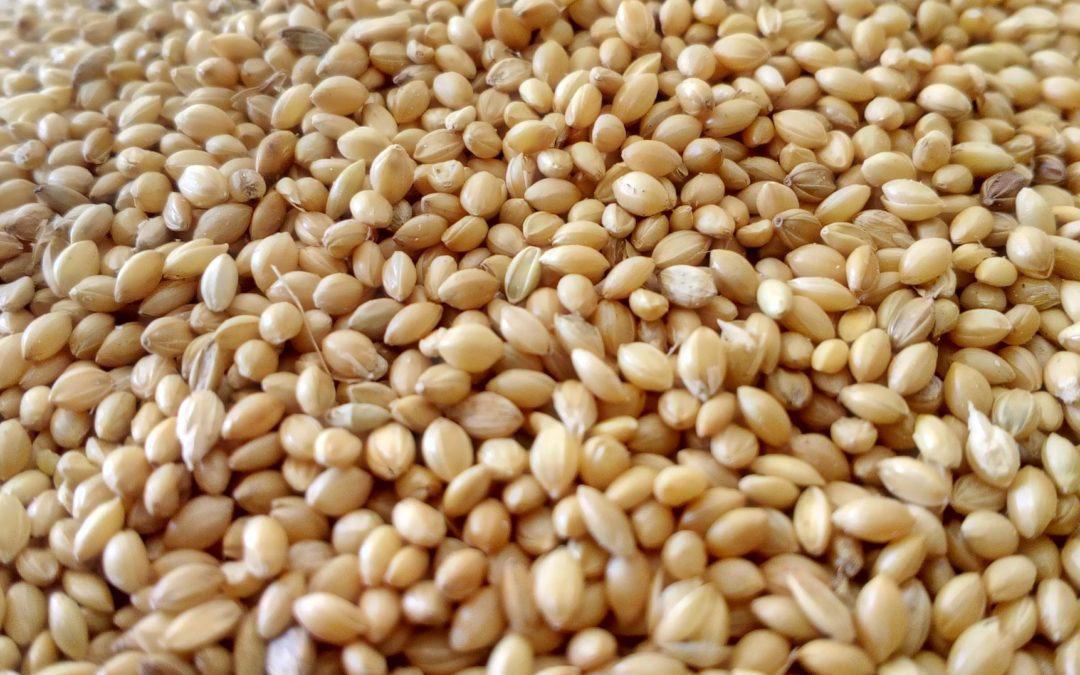
Seed Preservation Techniques: 20 Important Facts
Seed preservation techniques are methods designed to keep seeds viable for long periods, ensuring that they can grow...
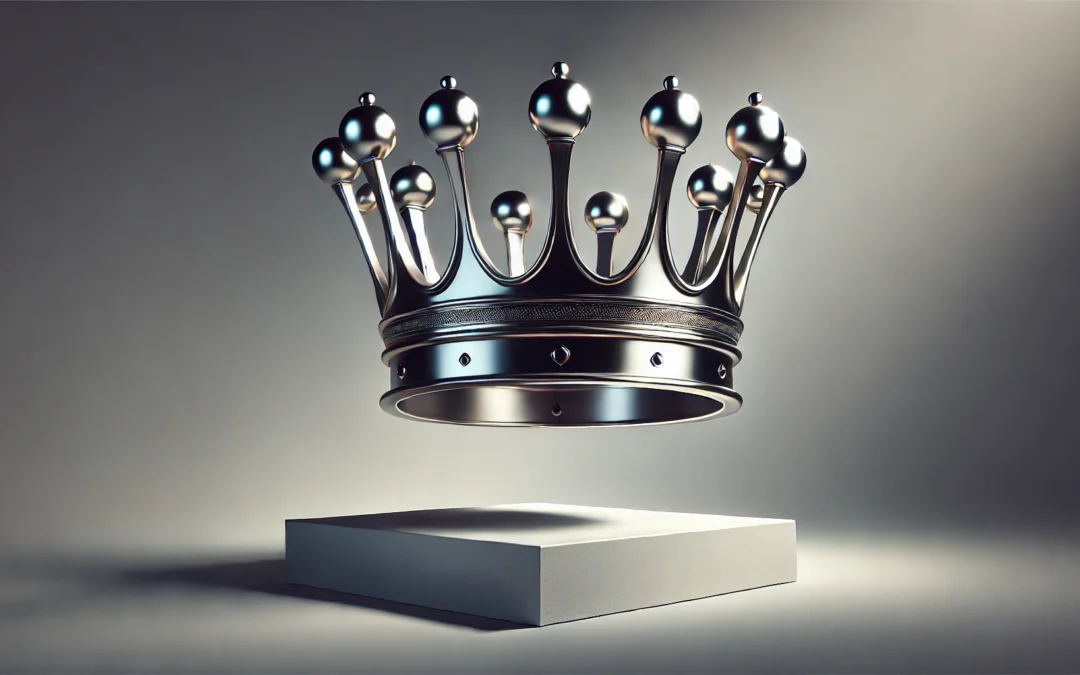
Ethical Leadership: 20 Examples & Definition
Ethical leadership is more crucial than ever in today’s world. People aren't just seeking leaders who are smart or...
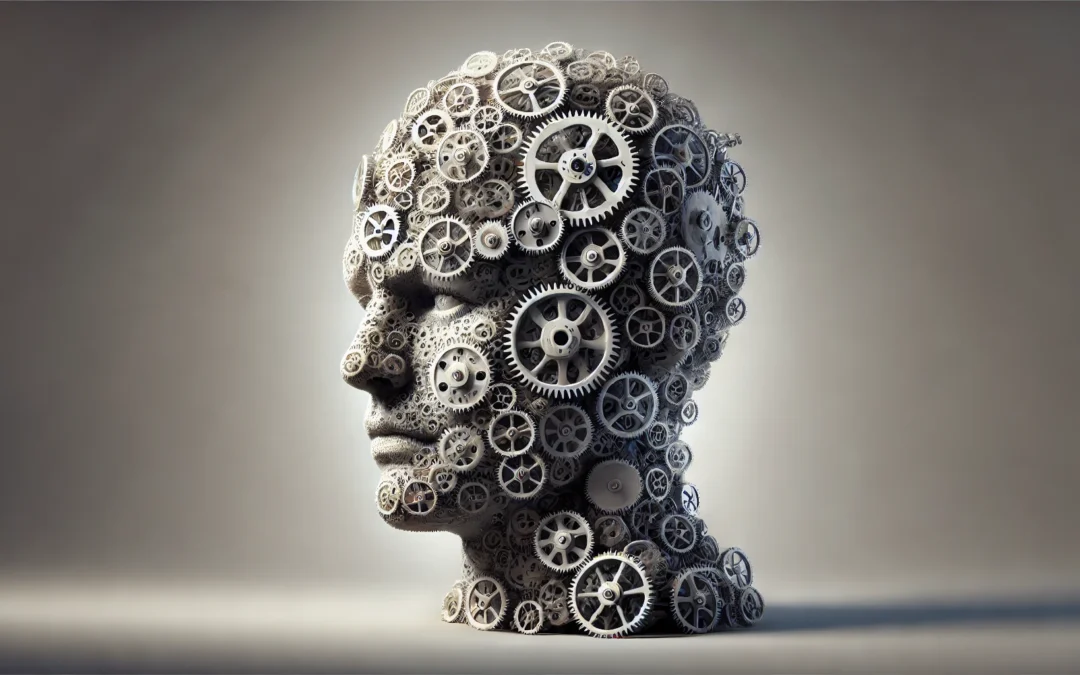
20 Overthinking Examples & Definition
Overthinking is something we all experience, but it becomes a problem when it starts to control our thoughts and...

30 Best Moral Dilemma Examples
Have you ever found yourself in a situation where you were faced with a tough decision, one that seemed to test your...
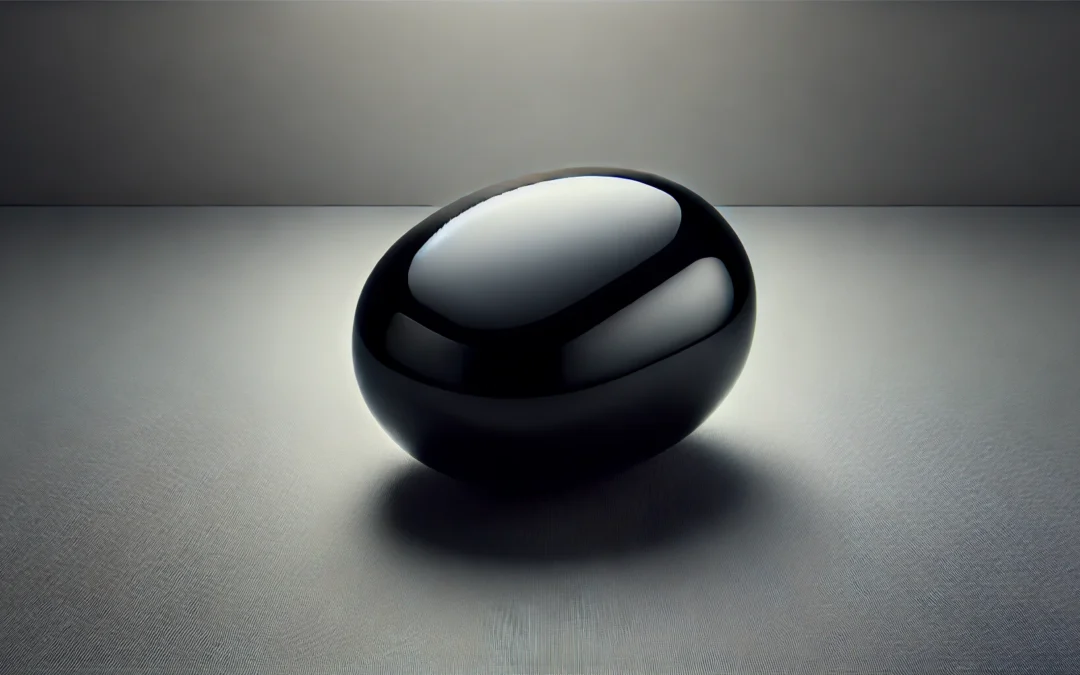
150 Things That Are Black
Black is a powerful, timeless color. It represents mystery, elegance, and even fear. From natural elements to man-made...

20 Dark Triad Traits Examples & Definition
In psychology, the Dark Triad refers to three distinct personality traits: narcissism, Machiavellianism, and...

30 National Interests: Examples & Definition
National interests play a critical role in shaping a nation's foreign policy and actions on the international stage....
Get Inspired with BitGlint

